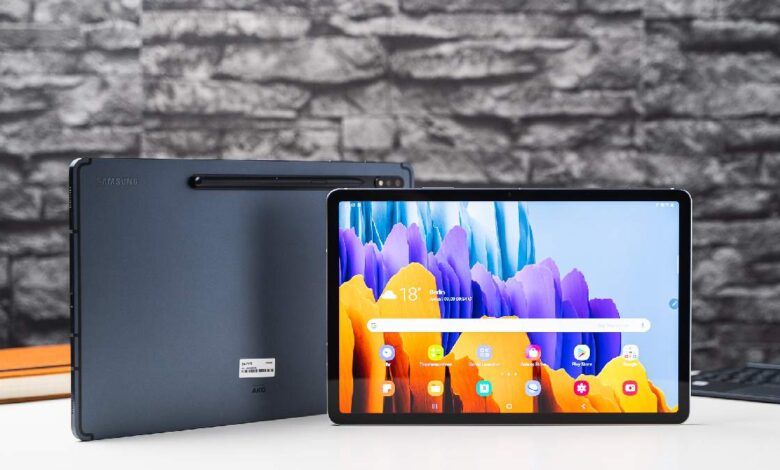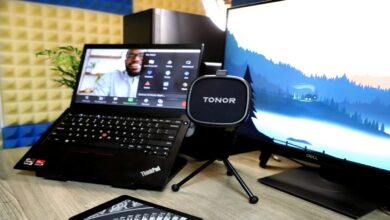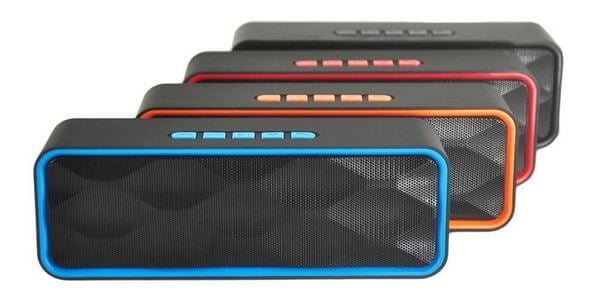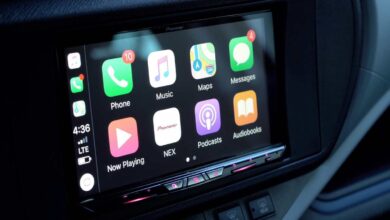
Medical tablets are computer tablets designed for healthcare. Doctors’ offices, medical clinics, hospitals, hospice, rehabilitation centers, etc., all use them.
Medical tablets are used in many ways. Listed are some of the more common ones:
- When patients check in at the doctor’s office and fill out their information for Electronic Medical Records. This saves time and money and boosts efficiency.
- Doctors, nurses, and other healthcare professionals can access patient’s records as they go through their rounds. They don’t have to carry bulky files or get them from the Records department.
- Medical staff can speak and see patients in remote locations like in rural areas.
- Patients who can’t be moved can still speak and see their doctors through telehealth.
- Doctors can diagnose patients when it’s unsafe to do so face-to-face like during the COVID-19 pandemic.
- Protect patient data from hackers, or disasters like bad weather and fire which can destroy paper files.
- Keep track of patients and their data while on the road like in mobile clinics.
- Save on space both in the clinic and out in the field.
- Pair with medical devices to diagnose or examine health problems.
So what features should a medical tablet have to do all the above? These four are good starting points.
Medical Grade to Protect Patients
Hospitals and medical facilities are full of medical devices. Many are used to diagnose patients, monitor their conditions, or keep them alive. It’s important that computer equipment does not interfere with them.
That is not a problem with medical tablets that are medical grade. They have been built not to cause issues with medical devices. These range from causing shorts to arcing electricity from the equipment to device and into the patient. Medical grade tablets and similar equipment have been tested by a third party and certified to be safe near patients.
Industrial Grade Components for Ruggedness
Taking care of patients is a demanding task. Disease, injuries, and other healthcare problems can affect anyone any time, day or night. When a patient can’t wait to be seen at the doctor’s office, they go to the hospital which is open 24/7.
The medical tablets used in hospitals and similar places are built to meet these intense demands. They are tougher than commercial tablets, being designed to be powered on constantly. Many don’t use fans, which can break and shut down the tablet entirely. Instead, they keep cool using a fanless design which has no moving parts. Finally, many are rated IP65. This means they’re sealed from dust and liquid. This prevents the harsh chemical cleaning sprays and disinfectants used by hospitals from damaging them.
Built-in Scanner and Readers
The staff in many medical organizations have a lot to keep track of. There are records to follow, supplies to order, who is performing what surgery, and so on.
Medical tablets can be used to simplify these tracking processes. They can be built with barcode scanners, and smart card and RFID readers. A nurse could scan the barcode on a patient’s wristband to bring up their chart on the tablet. A consulting doctor, after their identity is verified and accepted by the RFID reader, can access that same patient’s information later to update it. Entire medical supply shipments can be checked in rapidly with a wave of the tablet. All these and more lessen time on the tasks and improve efficiency.
Legacy Support of Discontinued Devices
A legacy device is equipment or software still in use but discontinued by the original manufacturer. Many clinics and hospitals continue to use them.
Many do so because of costs. Why would a rural clinic upgrade a perfectly functional X-Ray machine? Its budget won’t allow it.
Another reason is integration. Many legacy devices are such a part of a hospital’s network that replacing or taking it down could shut vital systems like life support for patients. That is something hospitals cannot risk doing.
The right medical tablets are built to work with legacy devices. They would have a nine-pin serial port, for example, built right in. That port was developed in 1969 and long discontinued. Medical devices still using them would work just fine with the tablet. Hospitals can continue to use them while getting all the advantages of the tablet like increased cybersecurity.
Conclusion
Medical tablets have many uses in healthcare. Doctors having instant access to medical records, to connecting with patients remotely are just a couple of examples. Features like legacy device support set medical tablets apart from commercial grade ones.



